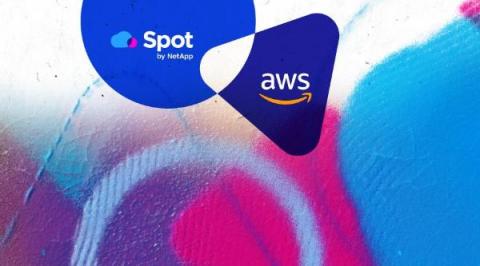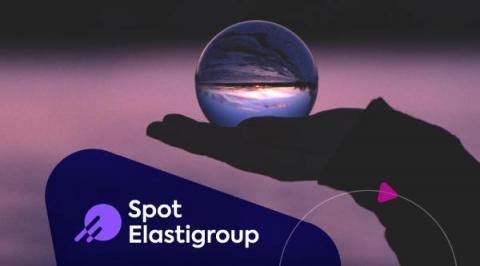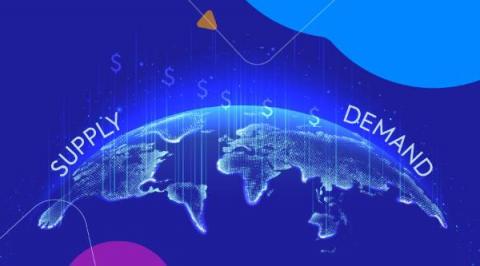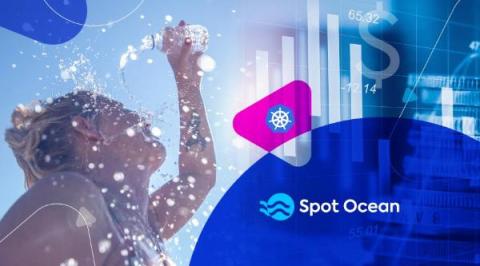Cloud security: How remote work created a new problem
In 2020, remote work exploded with the start of COVID-19 as businesses scrambled to stay productive and competitive amidst health concerns and quarantines. During the pandemic, close to 70% of workers were working from home. Currently, 4.7 million people work remotely at least half the time in the US, and 62% of workers claim to work remotely at least occasionally.











